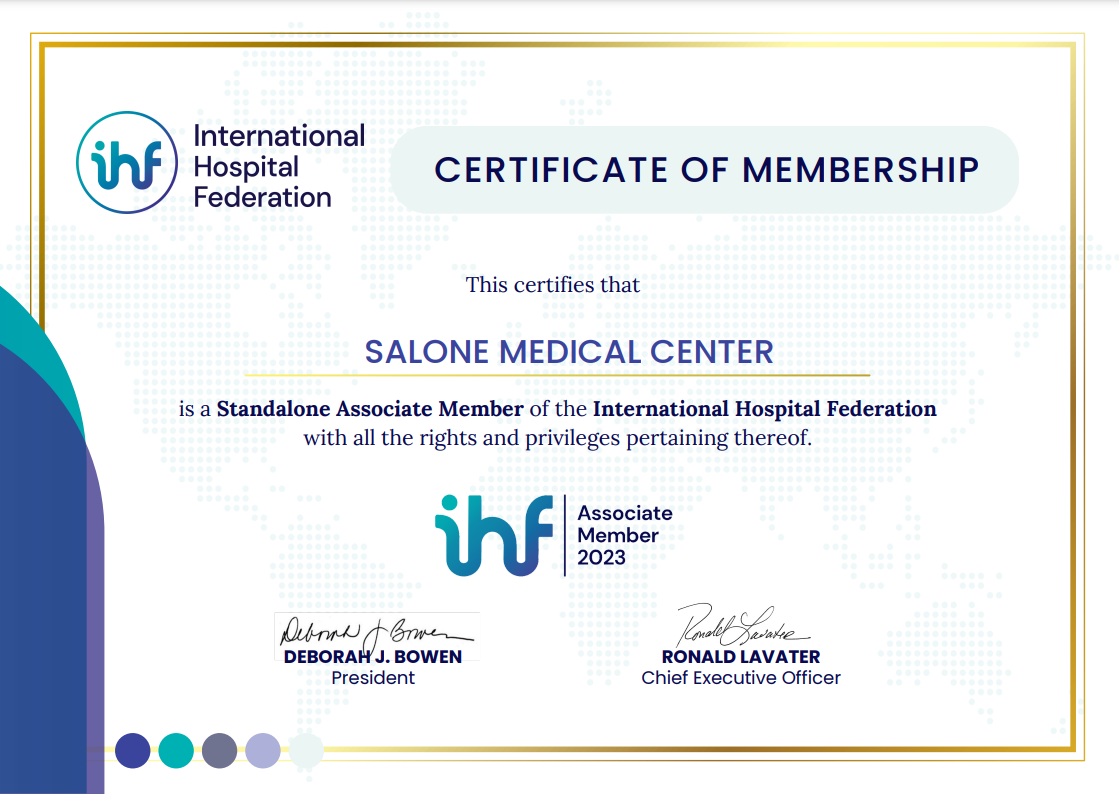
Hematology, Biochemistry, Endocrinology, Immunology, Microbiology, Serology, Cultures.
- Hematology: focuses on the study and treatment of blood-related disorders. Hematologists specialize in conditions affecting blood cells, bone marrow, and the lymphatic system. They diagnose and manage disorders such as anemia, leukemia, lymphoma, clotting disorders, and various types of blood cancers.
- Biochemistry: study of chemical processes and substances that occur within living organisms. In the medical context, clinical biochemistry involves analyzing bodily fluids like blood and urine to understand the chemical composition of the body. Biochemical tests are used to diagnose and monitor conditions such as diabetes, kidney disorders, liver diseases, and metabolic disorders.
- Endocrinology: a medical specialty focused on the endocrine system, which consists of glands that produce hormones. Endocrinologists diagnose and treat disorders related to hormone imbalances, including conditions like diabetes, thyroid disorders, adrenal gland issues, and reproductive hormone abnormalities.
- Immunology: study of the immune system, which defends the body against infections and other harmful agents. Immunologists study immune responses, immunity development, and immune-related disorders. They are involved in diagnosing and treating conditions such as allergies, autoimmune diseases, and immunodeficiencies.
- Microbiology: scientific study of microorganisms, including bacteria, viruses, fungi, and parasites. In the medical field, clinical microbiology involves identifying and characterizing these microorganisms to diagnose infections. Microbiologists analyze samples from patients, such as blood, urine, and swabs, to determine the causative agents of infectious diseases.
- Serology: Serology is a branch of laboratory medicine that focuses on the study of blood serum and other bodily fluids. It involves analyzing blood serum to detect antibodies, which are proteins produced by the immune system in response to infections. Serological tests help diagnose conditions such as viral infections (e.g., HIV, hepatitis), bacterial infections, and immune system disorders.
- Cultures: Cultures involve growing and identifying microorganisms from samples taken from patients to determine the presence of infections. Clinical cultures are commonly performed on specimens like blood, urine, sputum, and wound swabs. These tests help identify the specific microorganisms causing infections, which is crucial for guiding appropriate treatment with antibiotics or other interventions.
These specialized fields of medicine and laboratory science play essential roles in diagnosing, treating, and understanding a wide range of medical conditions, from infectious diseases to metabolic disorders and immune-related issues.


